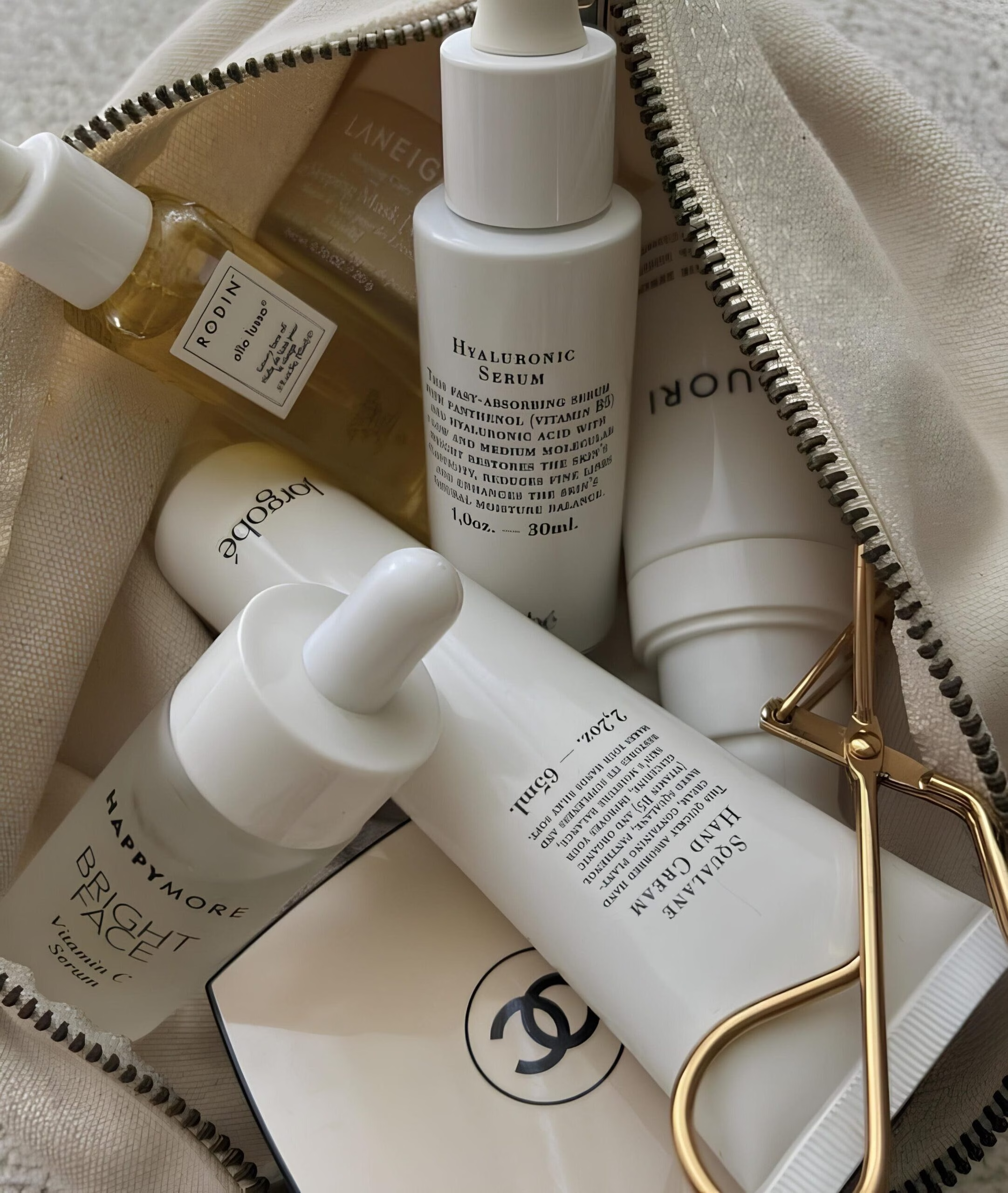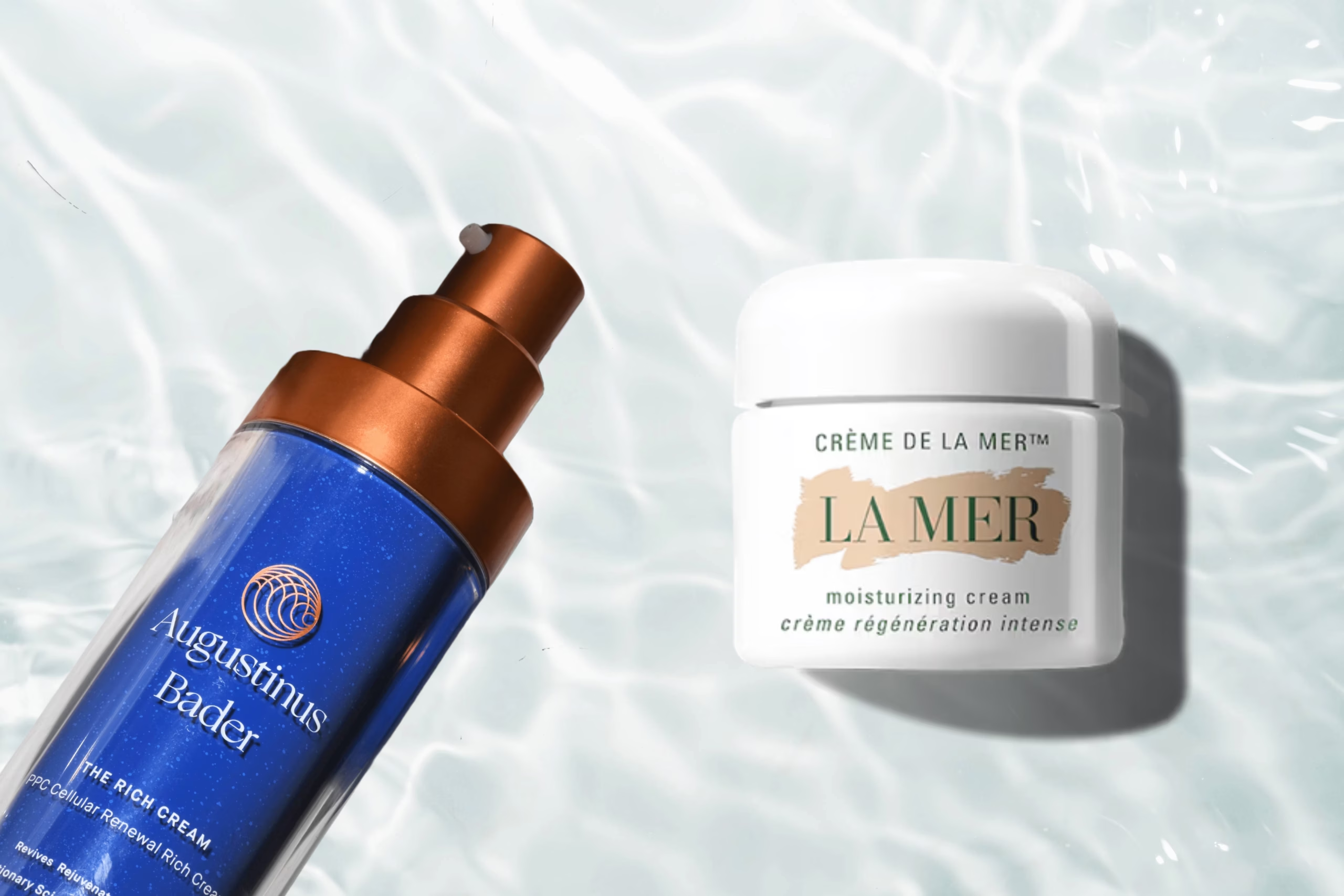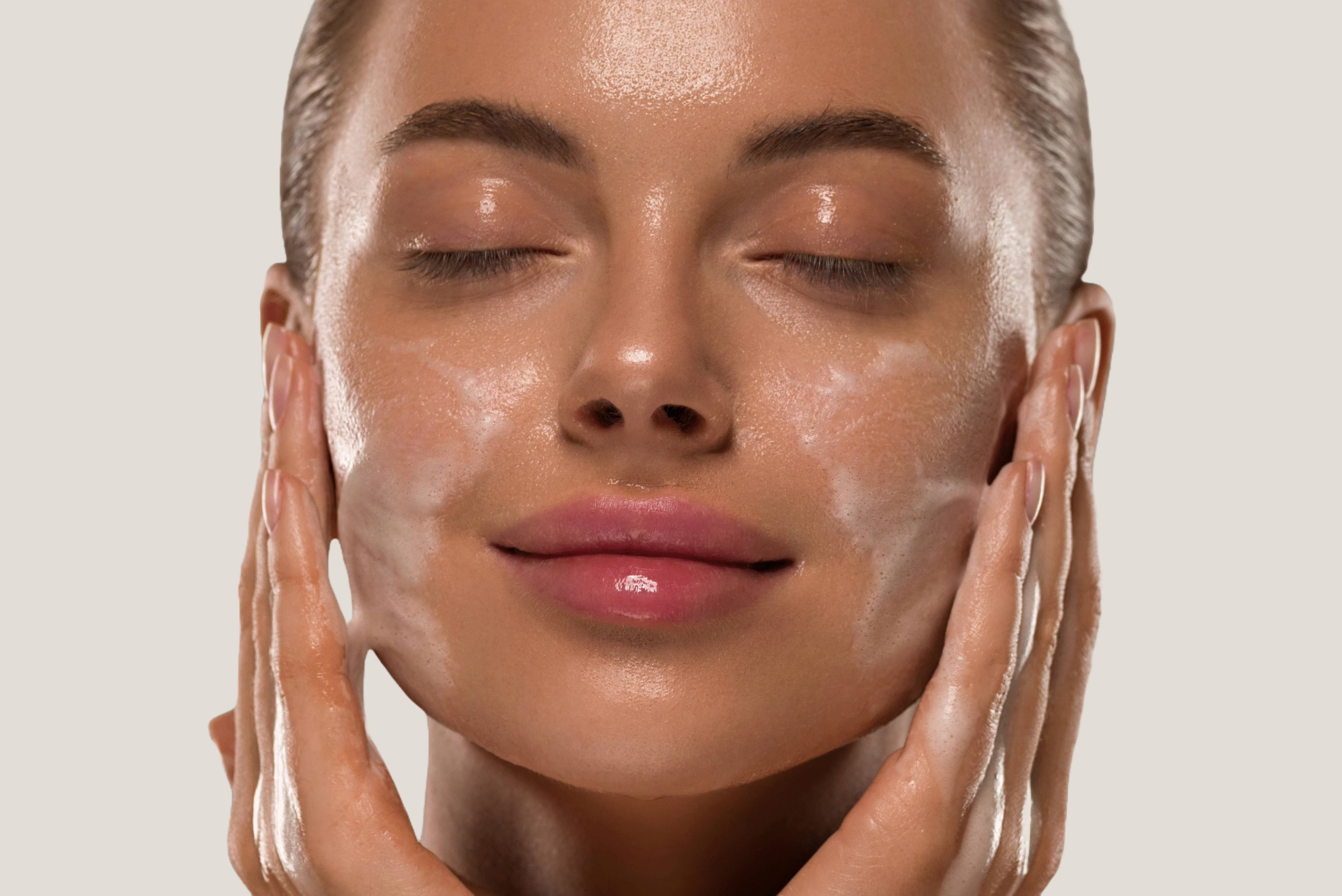We’ve all been there: scrolling through an endless array of serums, each draped in promises of smoother texture, brighter tone, and a complexion that practically glows in every photo. It can feel exciting and overwhelming at the same time—because how can you be sure which formulas truly deliver? Fortunately, three standouts consistently rise to the occasion: retinol, vitamin C, and peptides. Backed by both dermatologists and devoted fans, they’re known for tackling fine lines, dullness, and lack of firmness in a way that blends science with a touch of self-care indulgence.
The secret to turning these ingredients into a daily treat (rather than a daunting chore) lies in learning how they work, why they work, and how to layer them like a pro. Ahead, we’ll explore the real benefits of retinol, vitamin C, and peptides, complete with guidance on integrating them seamlessly into your routine—so you can give your skin the high-performance support it needs without sacrificing that inviting, everyday luxury feel.
Why Serums Matter for Radiant Skin
Think of serums as the most concentrated part of your skincare lineup. Unlike heavier creams or lotions that sit on the surface, serums are formulated with smaller molecules designed to penetrate deeper. That’s precisely why they can deliver noticeable results—often faster than other product types. Whether your concern is uneven tone, early signs of aging, or just a general desire for that lit-from-within look, a well-chosen serum can get you there more effectively.
While there’s no shortage of buzzworthy ingredients out there, retinol, vitamin C, and peptides have earned their reputations through solid research and real-world success. From smoothing fine lines to brightening overall tone, they act like a customized support system for your skin—whether you’re unwinding at home, commuting through city traffic, or hopping on a plane to your next getaway.
Retinol Is the Gold Standard for Cellular Renewal
What Makes Retinol Special?
Retinol is a vitamin A derivative that’s widely lauded for its ability to rev up skin cell turnover and promote collagen production. In everyday terms, that translates to fewer visible fine lines, smoother texture, and a more rejuvenated overall appearance. Originally recognized for helping clear stubborn breakouts, it quickly became a go-to for those looking to soften signs of aging and revitalize lackluster skin.
Key Benefits
- Encourages Cell Turnover: Helps remove dead skin cells to reveal a fresher, more refined layer beneath.
- Boosts Collagen: Can visibly firm the skin, reducing the look of fine lines and wrinkles.
- Refines Pores: With consistent use, many people find their pores look less prominent, giving skin a more even tone.
How to Use Retinol Gently
Retinol’s potency is part of its charm, but it does require a slow-and-steady approach. Begin by using it once or twice a week, then gradually increase frequency as your skin adapts. If you experience dryness or irritation, don’t be afraid to sandwich your retinol between layers of a gentle moisturizer or soothing serum. Most importantly, apply retinol at night—UV exposure can diminish its effectiveness and heighten skin sensitivity.
Vitamin C for a Brighter and More Even Complexion
What Makes Vitamin C Essential?
Vitamin C may be best known for supporting overall health, but it’s just as stellar in skincare. Its antioxidant properties help protect your skin from environmental stressors—like pollution and UV damage—while simultaneously boosting collagen production. The result? A brighter, more radiant appearance that can feel especially game-changing if your skin looks a bit dull or uneven.
Choosing the Right Vitamin C
- L-Ascorbic Acid: The pure form of vitamin C; powerful, but can be unstable if not packaged correctly.
- Tetrahexyldecyl Ascorbate (THDA): A more stable, oil-soluble version that’s often gentler on sensitive skin.
- Magnesium Ascorbyl Phosphate (MAP): A water-soluble alternative that is usually well-tolerated and effective for brightening.
Packaging is crucial. Look for opaque, air-restrictive containers or dark glass bottles that help shield vitamin C from oxidation. And remember, this brightening powerhouse isn’t shy about layering with other hydrators or soothing ingredients. Mornings are a wonderful time to apply vitamin C, so your skin can benefit from its protective effects throughout the day.
Peptides Support Firm, Supple Skin
Understanding Peptides
Peptides are short chains of amino acids—the building blocks of proteins like collagen and elastin. Put simply, they tell your skin to produce more of these proteins, helping to maintain a firmer, smoother complexion. While they might not sound as flashy as some other ingredients, peptides are the quiet overachievers, working behind the scenes to support your skin’s natural renewal process.
Why Peptides Are Essential for Balanced, Resilient Skin
- Gentle Yet Effective: Most peptide formulas come without the risk of dryness or irritation.
- Collagen Support: Can help skin look firmer and bouncier over time.
- Pairs Well with Others: Peptides typically play nicely with fellow actives—no complicated layering rules required.
Adding a peptide serum to your morning or evening lineup helps create a supportive foundation, especially if you’re also using stronger actives like retinol. This team effort can keep your skin feeling nourished and balanced.
Crafting Your Serum Ritual for Best Results
When you’re juggling powerful actives, correct layering is key to maximizing each ingredient’s benefits while minimizing potential irritation. Here’s a straightforward guide:
- Morning:
- Cleanse with a gentle, pH-balanced cleanser.
- Apply vitamin C serum to brighten and protect against daily environmental stressors.
- Layer on a peptide serum for an extra boost of firmness.
- Follow with moisturizer, then lock everything in (and shield from sun damage) with a broad-spectrum SPF.
- Night (Retinol Night):
- Cleanse thoroughly to remove makeup, oil, and pollutants.
- Allow skin to dry before applying retinol (this helps minimize sensitivity).
- Finish with your favorite moisturizer or barrier-supporting cream.
- Night (Recovery Night):
- Cleanse as usual.
- Use a soothing serum like peptides or hyaluronic acid to help your skin recover.
- Follow with a rich moisturizer to seal in hydration.
Of course, everyone’s skin is unique, so feel free to adjust this routine as needed—just remember that consistency is what truly drives results.
Common Myths & Misconceptions
- “Retinol is too harsh for most skin.”
When used correctly (starting slowly, moisturizing well, and applying sunscreen), retinol can be surprisingly gentle and transformative. - “You shouldn’t mix vitamin C and retinol.”
While layering them in the same routine can be tricky if you’re new to these ingredients, alternating them—C in the morning and retinol at night—often provides great results. - “Peptides can replace all other anti-aging steps.”
Peptides are incredible supporters of skin elasticity and firmness, but for comprehensive care, it’s best to combine them with other proven actives.
When it comes to skin that radiates confidence, serums offer a truly rewarding path—especially if you choose ingredients that align with your goals and layer them thoughtfully. Retinol revives and smooths, vitamin C brightens and shields, and peptides provide the backbone for firmness and bounce. Together, they lay the groundwork for a routine that feels both luxurious and effective.









